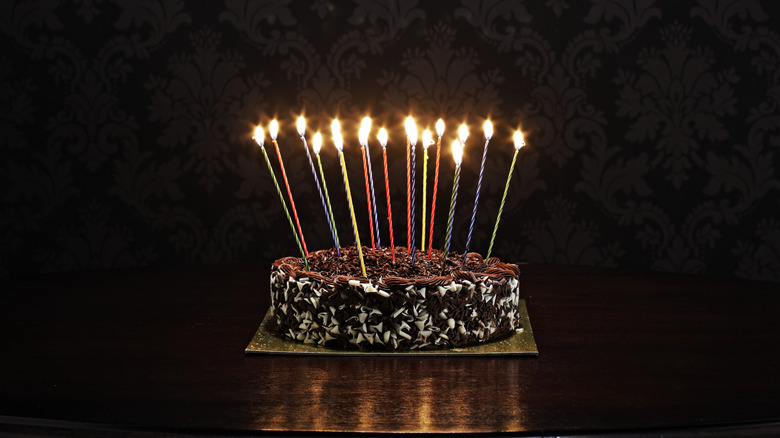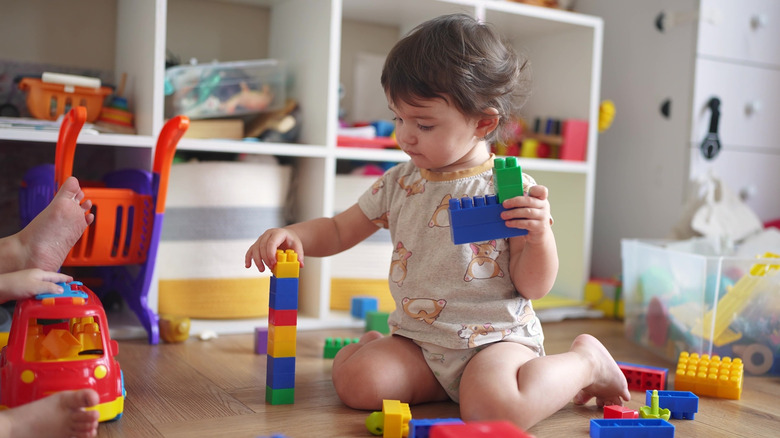The Real Reasons Every Year Seems Faster As We Age
Every holiday, every birthday, and every new year forces us to reflect upon the passage of time. Many of us find that, around the time we approach age 30, these annual occasions take on a new, eerie tone. We find ourselves puzzling over the speed at which the last year went by, murmuring to ourselves, "Surely it was only yesterday." The next thing you know, your favorite childhood songs are showing up on oldies playlists, and the days are only passing by faster and faster. Of course, this perceived acceleration of time is merely an illusion, but it has a basis in reality, and there may even be a way to combat it.
The years seem to pass faster as we age because our perception of time is subjective. Every year is the same length compared to the next (save for leap years, to account for the difference between a calendar year and Earth's orbit). However, each year is different compared to your overall lifespan. When you were 5 years old, a year accounted for 20% of your entire existence, but at age 50, a year only accounts for 2% of your life. The older you get, the less a year means in the context of your experience. But that's not the only reason that the years seemed to last longer when you were a kid. Our perception of time is based on how we fill it, and time slows down when we fill it with new experiences.
The key to slowing down time? Try new things
In the first few years of our lives, we are constantly inundated with new information, but as we age, we get to know the world better. We grow accustomed to things, and that's not all; there's the relationship between age and plasticitiy to consider, as neuroplasticity decreases with age as well. By the time we reach adulthood, the information in our lives may feel rigid and routine, and this causes our perception of time to change. The more active your mind is, the slower time seems to pass. Our childhoods comprise a disproportionately large part of our memories (both short-term and long-term memories) because those were the years in which we did the most learning. New experiences also form memories, and the more new experiences you have in a year, the more memories you make.
If you want to feel like the years are passing as slowly as they did in your youth, you need to seek out new experiences again. Entering an unfamiliar situation forces your brain to process more information, which will in turn make time seem to slow down. You may find that the years of your adulthood that feel the longest are the ones marked by milestones like the birth of a child, a new relationship, a move, or a change in career. However, small changes in routine can also slow your perception of time. The brain takes note whenever a pattern is broken or new information is introduced, so seeking out new experiences, no matter how small, can help you make more of the time you have.

